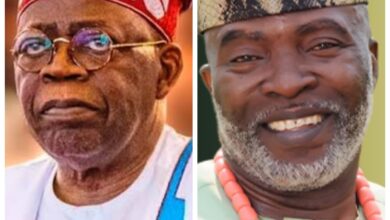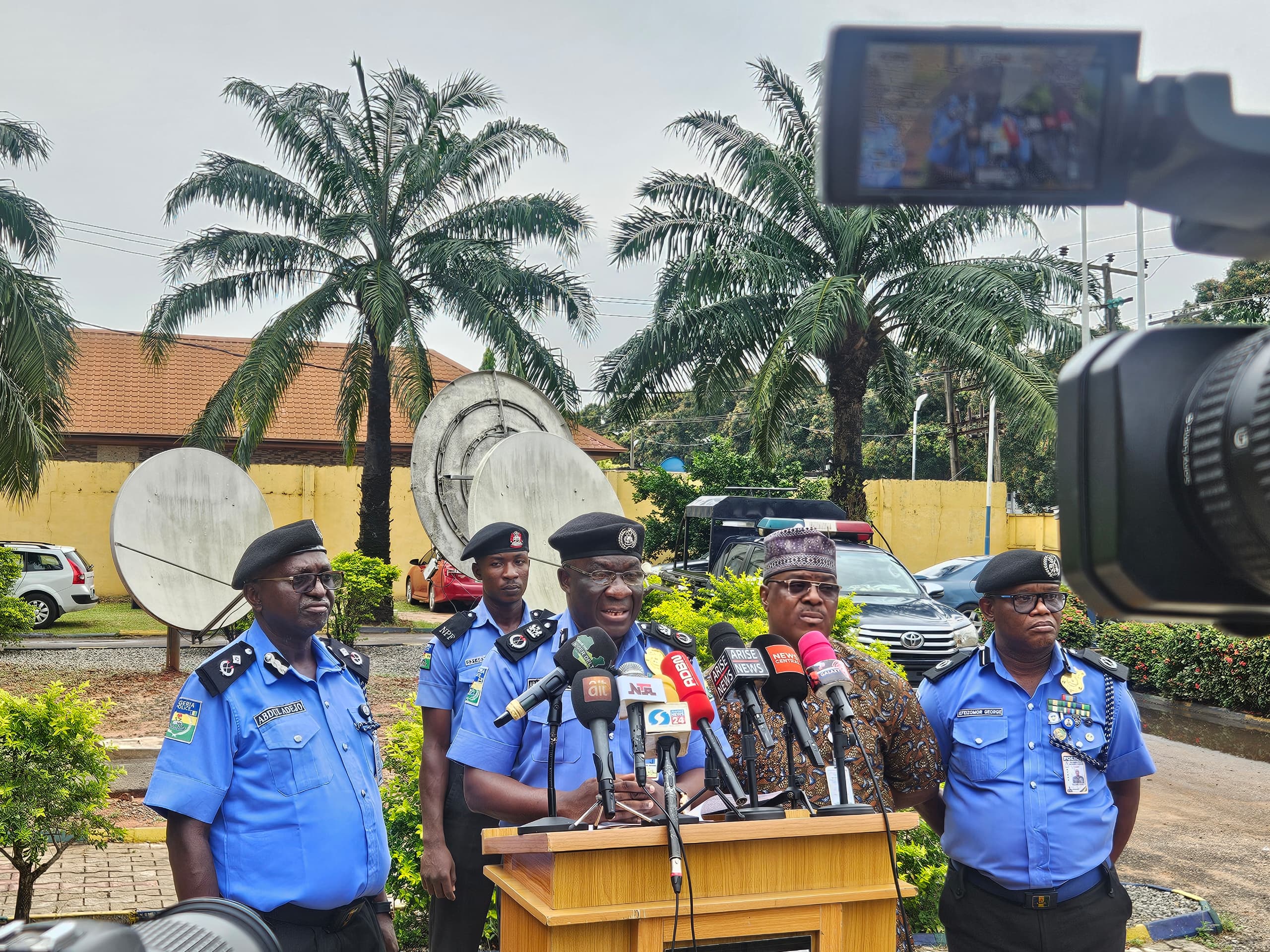President of Gambia lays forth his plans for second mandate
President Adama Barrow, who was re-elected in Gambia, has spelled out his goals for his second term. Speaking at a press conference in Banjul, Barrow promised to be president for all Gambians.
After his first five-year tenure ended the 22-year dictatorship of Yahya Jammeh, Barrow was easily re-elected in Saturday’s election.
Official results show that the former property developer received 53 percent of the vote, well ahead of political veteran Ousainou Darboe’s 27.7%. Turnout was also strong, with 87 percent of the electorate voting.
Read Also: Nigerian Correctional Service receives N965.9 million for operational vehicles
However, there is a lot of post-election angst, and how the candidates and their supporters react to victory or defeat in the coming days could be key.
Police in Banjul, the capital, sprayed tear gas at Darboe supporters late Monday, just hours after he begged for calm and said he would take his grievances against the outcome to court if necessary.
Nima Sagna, a 32-year-old dealer, and another seller Abdou Dicko, 36, represented some of the lingering animosities at the Manjaikunda food market near Banjul.
Sagna, who voted for Darboe because he thought it was time for a change, was enraged to learn that Dicko had celebrated the victory till the early hours of the morning.
“She’s UDP, she’s jealous,” Dicko remarked, referring to Darboe’s political party.
While Barrow won on the strength of his pitch as the candidate of continuity, he is under increasing domestic and international pressure to act.
International allies are pressuring the tiny West African state to move through with democratic reforms, such as amendments to the 1997 constitution that would limit presidential terms.
Read Also: House To Investigate Excesses Of Online Loan Providers
Barrow must deal with requests from victims of the Jammeh dictatorship for full-fledged prosecution of those guilty for years of repression and cruelty at home.
A long-awaited report was sent to Barrow just before election day, detailing the list of atrocities.
He has six months to reply, and he has vowed justice but also urging victims to wait.
Given that his party formed an electoral partnership with Jammeh’s, some think he will be less than thorough.
After losing the election to Barrow, who was then a relative unknown, the former dictator was forced into exile in Equatorial Guinea in 2017.
The everyday fight to survive is the primary worry of many Gambians.
The Gambia, a 480-kilometer-long sliver of land surrounded by Senegal, is one of the world’s poorest countries.
According to the World Bank, half of the country’s 2.4 million residents live on less than $1.90 per day.
The tourism-dependent economy was severely harmed by the Covid-19 outbreak, and many people are concerned about rising prices.
Read Also: NEWS FLASH: A court has ordered the SSS to release Sowore’s phones and has awarded him N2 million in compensation
Barrow “had a lot to do” with unemployment, power, health centers, and peace, according to Dicko, who also noted that inflation pressure came from outside the country and was not the president’s fault.
Barrow’s infrastructure-based economic initiatives, according to Essai Njie, a political science professor at the University of the Gambia, had no trickle-down benefit for regular population even before the pandemic.
Lamine Njie, a 30-year-old carpenter, expressed his dissatisfaction.
He stated that he intended to travel to Senegal the next day and then to the United States.
He claimed that Gambian leaders “do nothing and eat up the country’s money.”




